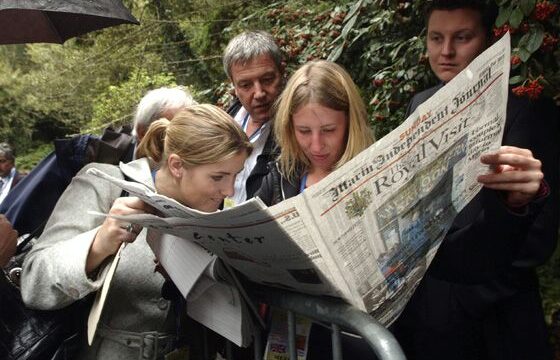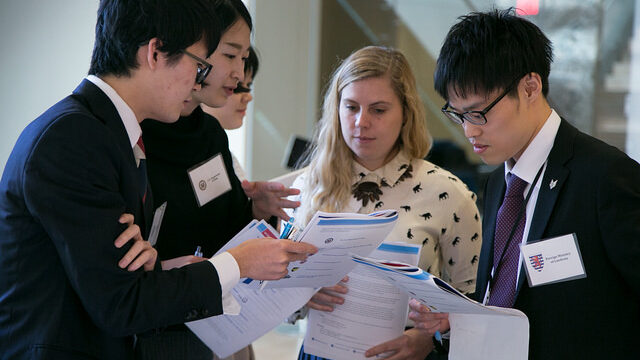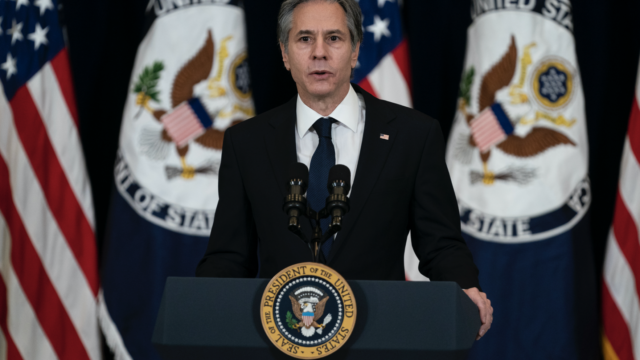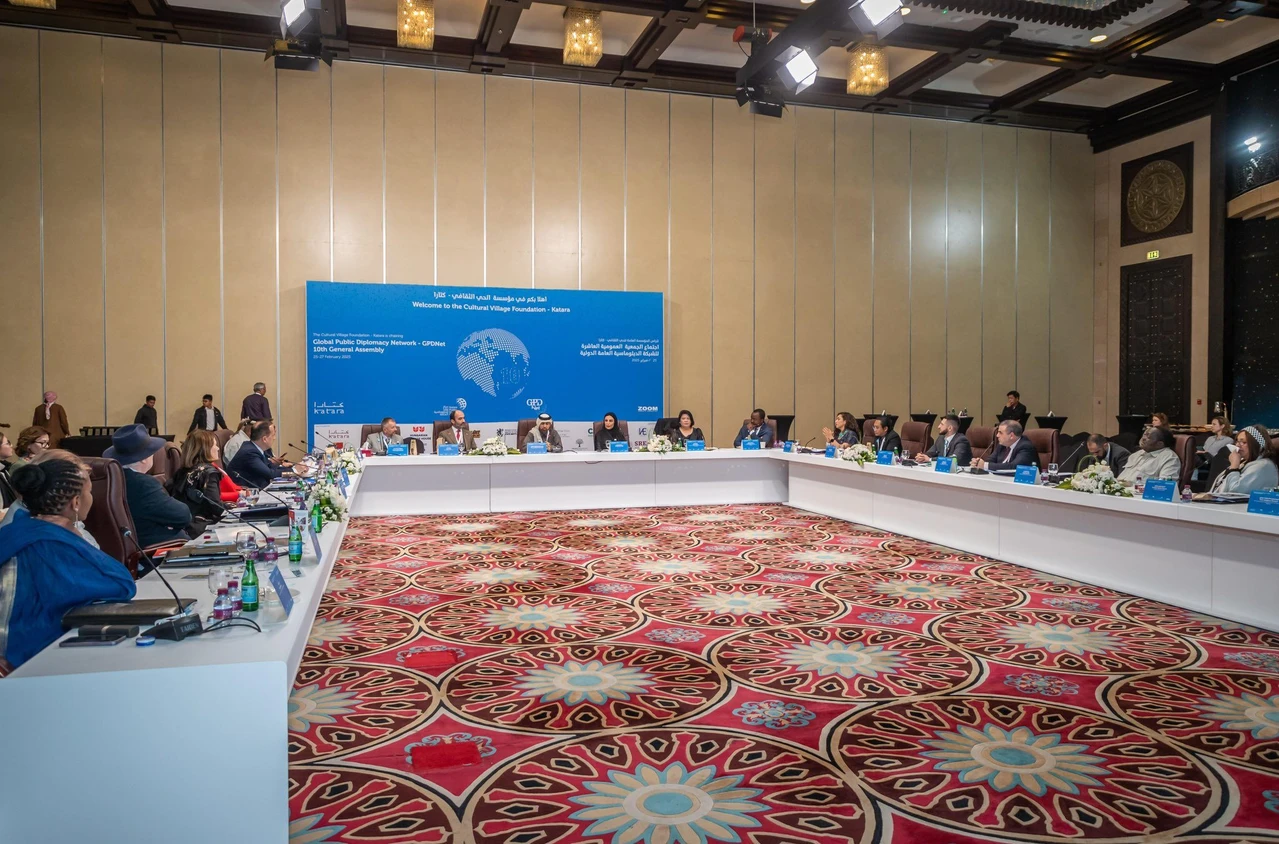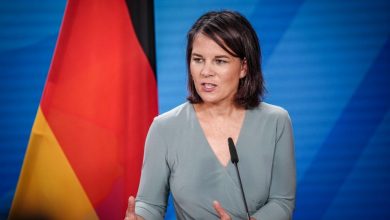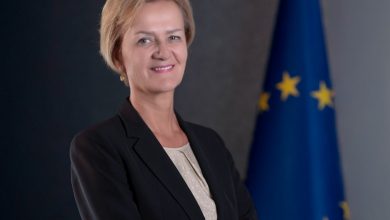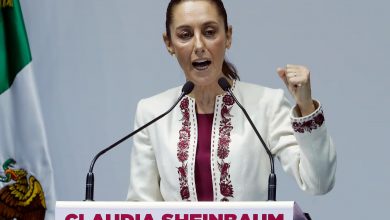Who is a diplomat? – The National Museum of American Diplomacy
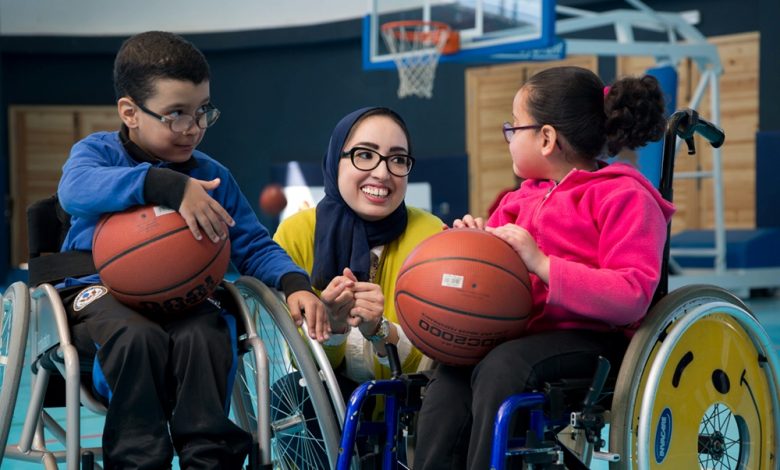
As you can imagine, diplomats are primarily professionals in pinstriped suits, sitting in formal briefing rooms with other government officials, negotiating peace deals, threatening sanctions, or working out the terms of a security or trade deal.
“The actually decisive link in international exchange is the last three meters, which are bridged in personal contact, in person-to-person conversations.”
Edward R. Murrow, Director of the US Information Agency
This image is outdated and cramped. Today, US diplomats—male and female, young and old, and from a variety of backgrounds—work in both informal and formal settings. They use personal relationships with host country officials and citizens to advocate for US interests, work together on common causes, and explain US society and values.
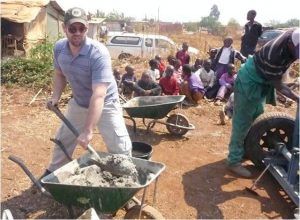
Our diplomats have a clear mission: to conduct United States foreign policy. This manifests itself in a multitude of responsibilities. Our diplomats assist Americans living or traveling internationally during positive events (e.g. registering the birth of a child) and times of stress (helping a detained American citizen or helping Americans evacuate from danger). They ensure a level playing field for American companies abroad. They support joint counter-terrorism cooperation and criminal investigations. They decide who has a legitimate reason to travel to the United States and issue visas accordingly. They work to ensure the safety of international flights to the United States. They fight pandemics and provide humanitarian aid to those in need. They help governments to better respond to the needs of their citizens and to make countries more stable and secure. They connect emerging government and civil society leaders with American counterparts to foster relationship building and collaboration. Importantly, they stimulate foreign students’ interest in a US higher education. This is far from an exhaustive list of diplomatic priorities, but it gives a glimpse of the diverse workload of US diplomats.
For more information on diplomatic jobs, visit the US Department of State careers page or see what opportunities are currently available.
